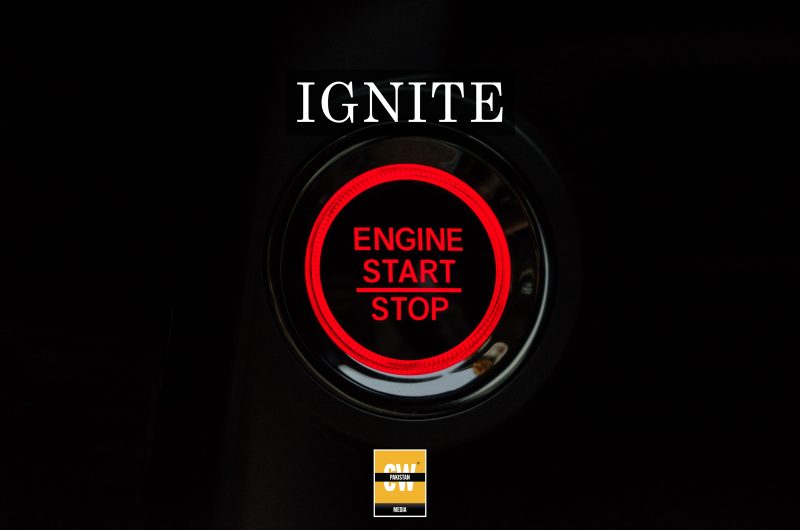Power Minister Awais Leghari announced on Wednesday a critical step by the government to make electric vehicles (EVs) more accessible to the public by significantly reducing the tariff for electric charging stations by 45%. This initiative aligns with Pakistan’s broader commitment to transition to cleaner energy and reduce dependence on fossil fuels.
The government’s push for EV adoption dates back to 2016-2017, culminating in the launch of the National Electric Vehicle (NEV) Policy in 2020 under the Ministry of Climate Change. With transportation contributing 43% of airborne emissions in the country, the move towards EVs is seen as a necessary measure to address environmental concerns.
During a press conference, Leghari emphasized that Prime Minister Shehbaz Sharif is committed to making EVs affordable for the masses. He revealed that the tariff for charging stations would drop from Rs71.10 to Rs39.70, representing a substantial reduction aimed at benefiting both consumers and investors.
The minister also assured that permissions for setting up charging stations would be expedited, with approvals granted within 15 days. Highlighting the economic implications, Leghari criticized the heavy reliance on petrol and diesel imports, which amount to a $6 billion annual burden on foreign exchange reserves. He stated that the tariff reduction would enable owners of electric motorcycles and small cars to use these stations more easily.
While the exact rollout date for the new tariff regime remains unspecified, Leghari expressed confidence that lower electricity costs would encourage a shift from petrol-powered vehicles to EVs. To further support this transition, the government plans to facilitate green energy loans for owners of two-wheelers and three-wheelers to help them purchase batteries.
Pakistan’s reliance on energy imports significantly impacts its external payments, and the adoption of EVs is seen as a strategic move to preserve foreign currency reserves. The energy sector reforms are also part of the International Monetary Fund’s (IMF) $7 billion bailout package for Pakistan’s economy.
The government has set an ambitious target under the NEV policy to transition 30% of all new vehicles in Pakistan—both imported and locally manufactured—to electric power by 2030. The policy includes subsidies of Rs50,000 for electric motorcycles and Rs200,000 for three-wheelers, with a total allocation of Rs4 billion. These subsidies will be distributed through auctions, with two companies already granted licences and 31 applications under review.
Other measures include offering free electric bikes or scooters to 120 top-performing students and reducing duties on EV components to foster local manufacturing. Additionally, the government plans to establish a New Energy Fund and a New Energy Vehicle Centre to bolster these initiatives.
Global manufacturers are also showing interest in Pakistan’s EV market. BYD Group of China has obtained a manufacturing licence, while Dewan Motors is preparing to launch EVs under a completely knocked down (CKD) licence.
Prime Minister Shehbaz Sharif highlighted the urgency of promoting EVs as a means to combat climate change. He stressed that the previous tariff of Rs71.10 was unsustainable for encouraging the establishment of charging stations and EV plants. By reducing tariffs, Pakistan aims to align with global trends in fostering EV adoption through incentives and ease of access.
In addition to the EV initiatives, the federal cabinet recently approved a recommendation from the power division to renegotiate settlement agreements with 14 independent power producers (IPPs) to reduce electricity costs. These revised agreements are expected to save the government Rs1.4 trillion over their duration, with annual savings of Rs137 billion.
The combined efforts to transition to EVs, reduce electricity costs, and encourage cleaner energy adoption underscore Pakistan’s commitment to sustainable development and economic resilience.
Source: Dawn








